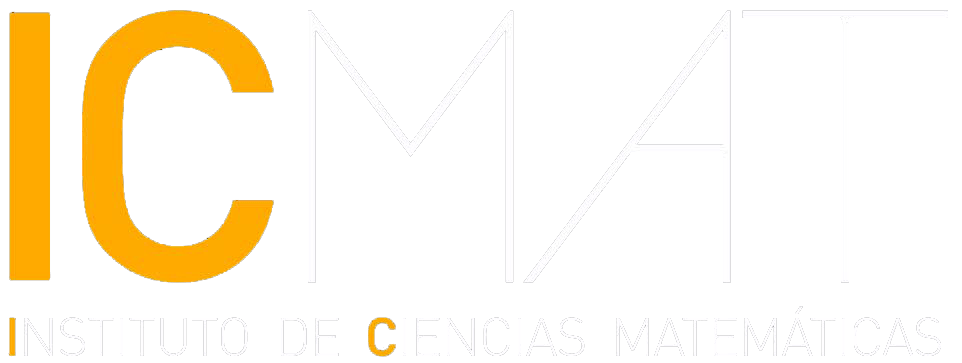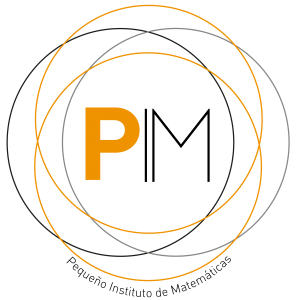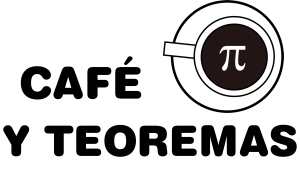Eva Miranda (Universitat Politècnica de Catalunya, Spain)

Eva Miranda is a professor at the Universitat Politècnica de Catalunya (UPC), where she is the chair of the Geometry and Dynamical Systems Laboratory and the GEOMVAP group of Geometry of Varieties and Applications at the UPC. She is also a member of the Centre de Recerca Matemàtica (CRM) and the UPC Institute of Mathematics IMTech. In 2016 she received an ICREA Academia award, in 2017 she was distinguished with a Chaire d’Excellence from the Paris Mathematical Sciences Foundation and in 2021, she gave an invited lecture at the 8th European Congress of Mathematics (ECM). Among her most recent honours are the ICREA Academia award 2021, the François Deruyts Prize in geometry in 2022, awarded every four years by the Royal Belgian Academy; and the Friedrich Wilhelm Bessel Prize in 2022, awarded by the Alexander von Humboldt Foundation. In addition, in 2023 she was distinguished as a Hardy Lecturer by the London Mathematical Society.
His research focuses on differential geometry, mathematical physics and dynamical systems and, more specifically, on symplectic geometry and Hamiltonian dynamics. A decade ago she initiated, together with Victor Guillemin (Massachusetts Institute of Technology, MIT), a research on the various facets of b-Poisson varieties. These structures appear naturally in physical problems on edge varieties and in celestial mechanics questions, such as the three-body problem (and its restricted versions). She is currently working on symplectic topology problems and their applications to hydrodynamics and celestial mechanics.
Miranda has supervised nine doctoral theses. She has also served on numerous international scientific committees, on the Governing Board of the BGSMath and on the Board of Directors of the Institut Henri Poincaré in Paris.
Research field
Differential geometry and dynamical systems.
Research project
This collaboration wants to study the level of complexity of the famous n-body problem in celestial mechanics. In particular, they want to know whether it has a certain computational property: is it Turing-complete, i.e., can it simulate any computational algorithm?
Members
- Eva Miranda (Universitat Politècnica de Catalunya, Spain) – chair
- Daniel Peralta (ICMAT-CSIC) – coordinator
- Mario García Fernández (ICMAT-CSIC)
- Ángel González Prieto (ICMAT-UCM)
- Francisco Presas (ICMAT-CSIC)
Activities
TBA


